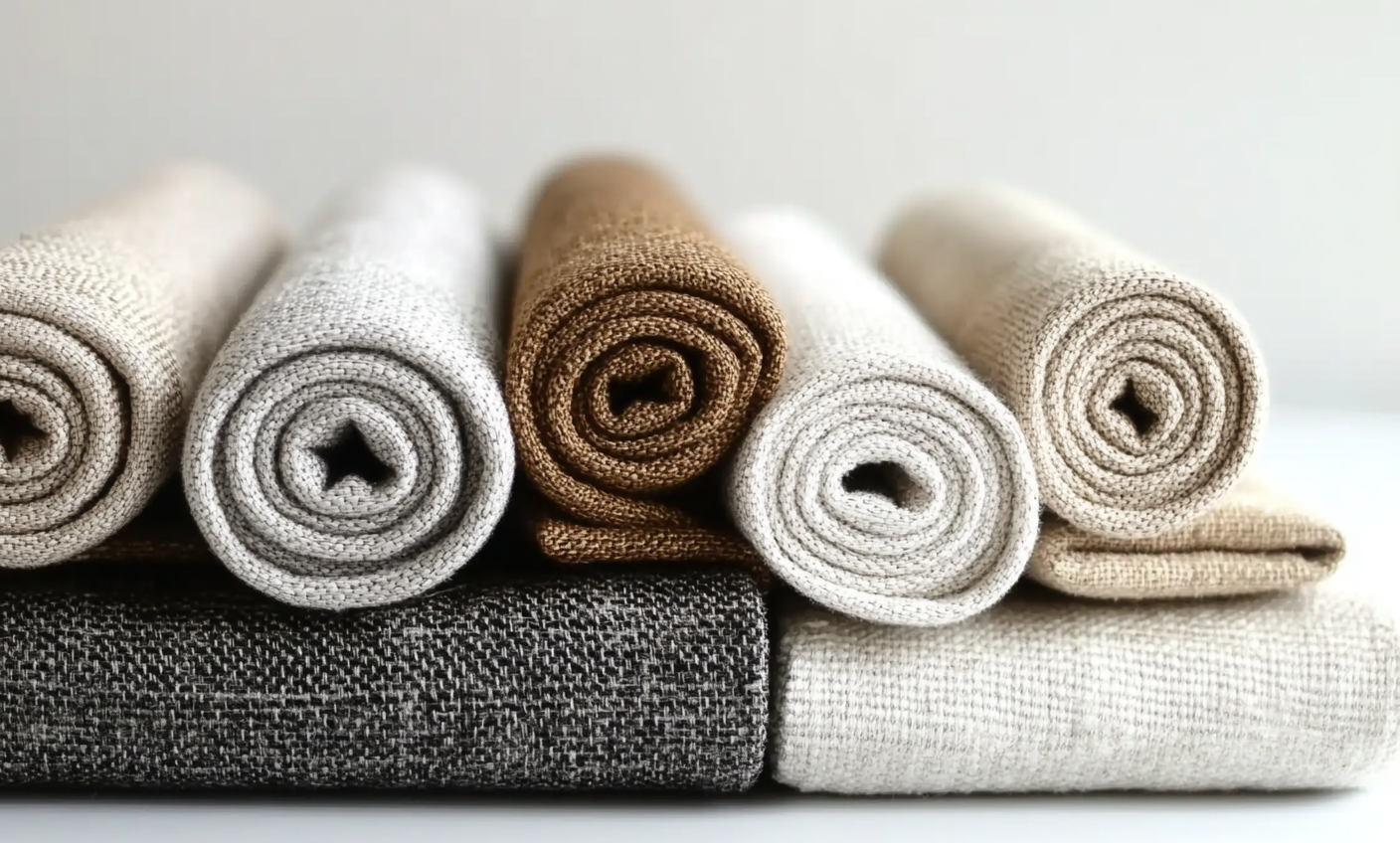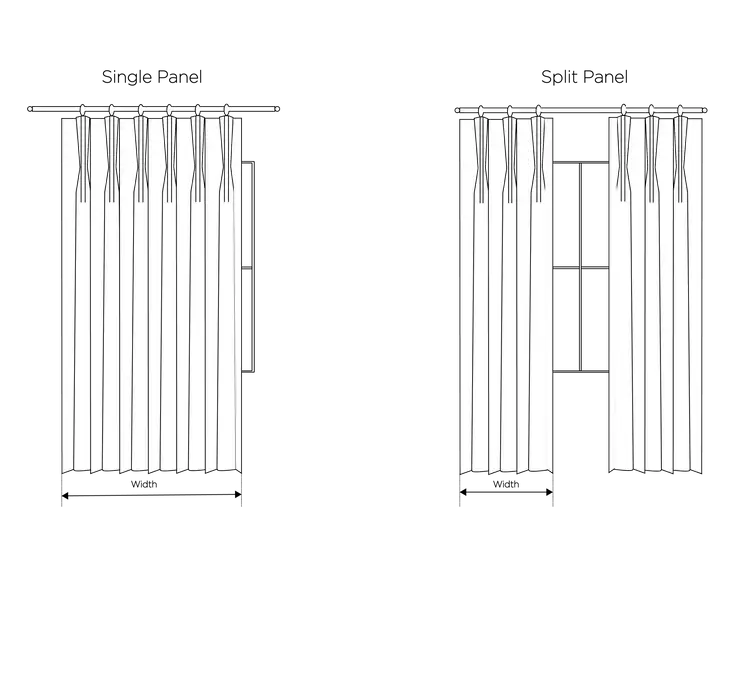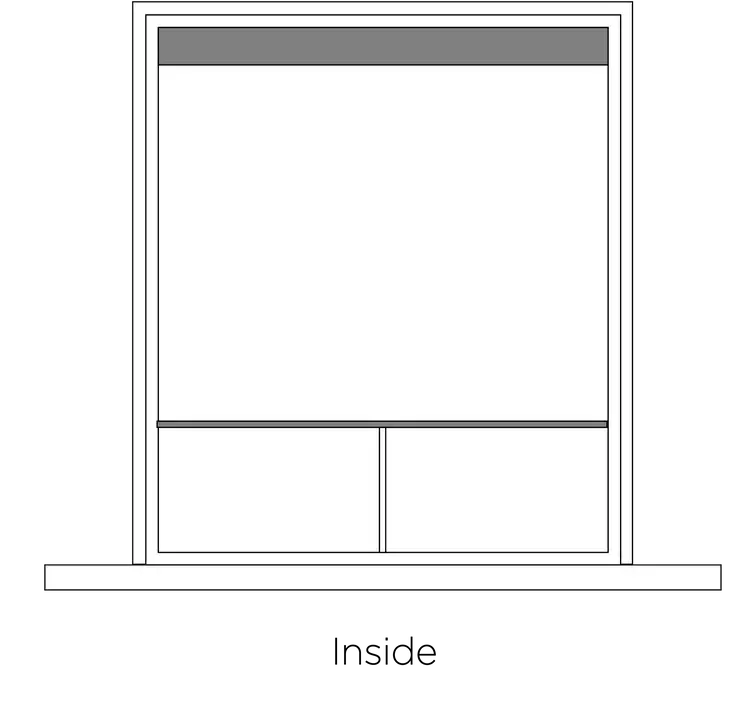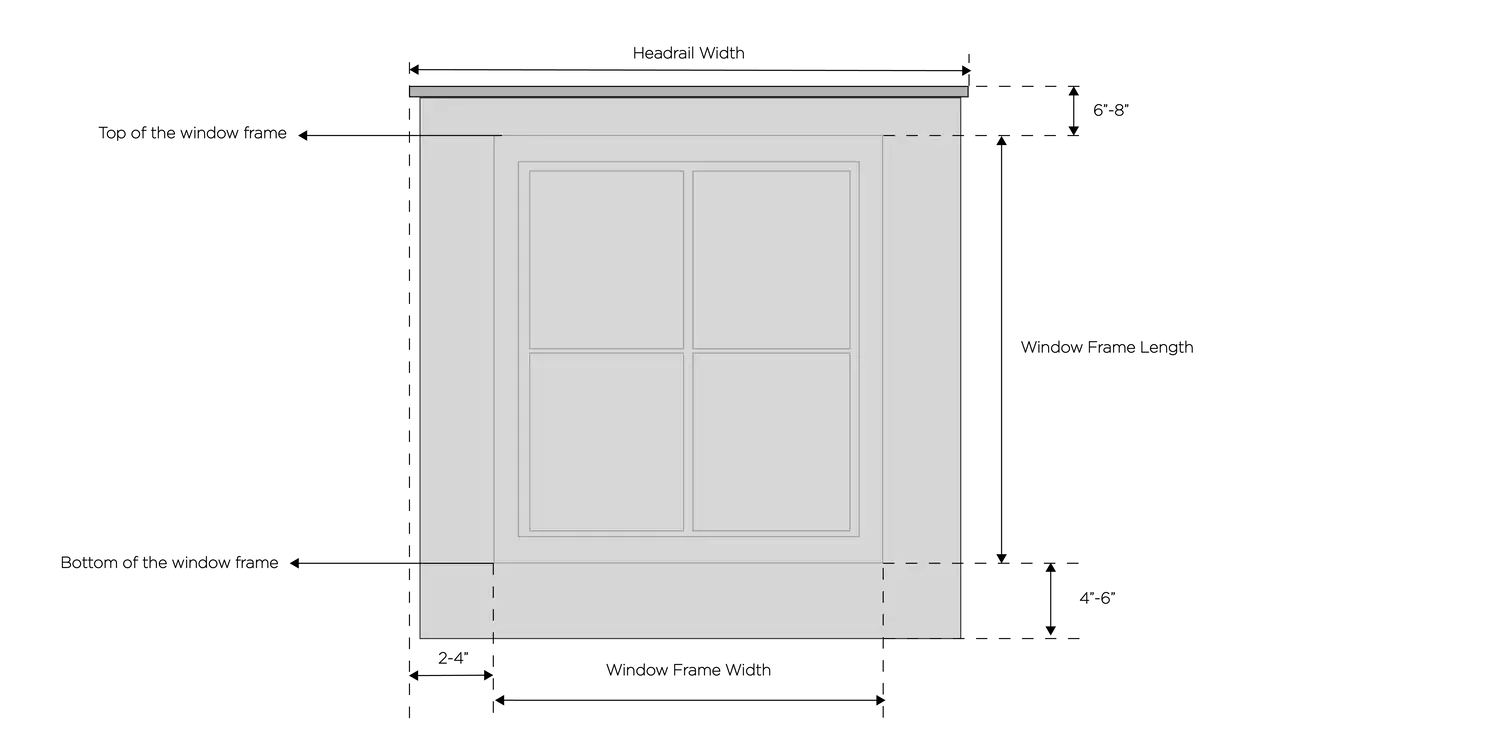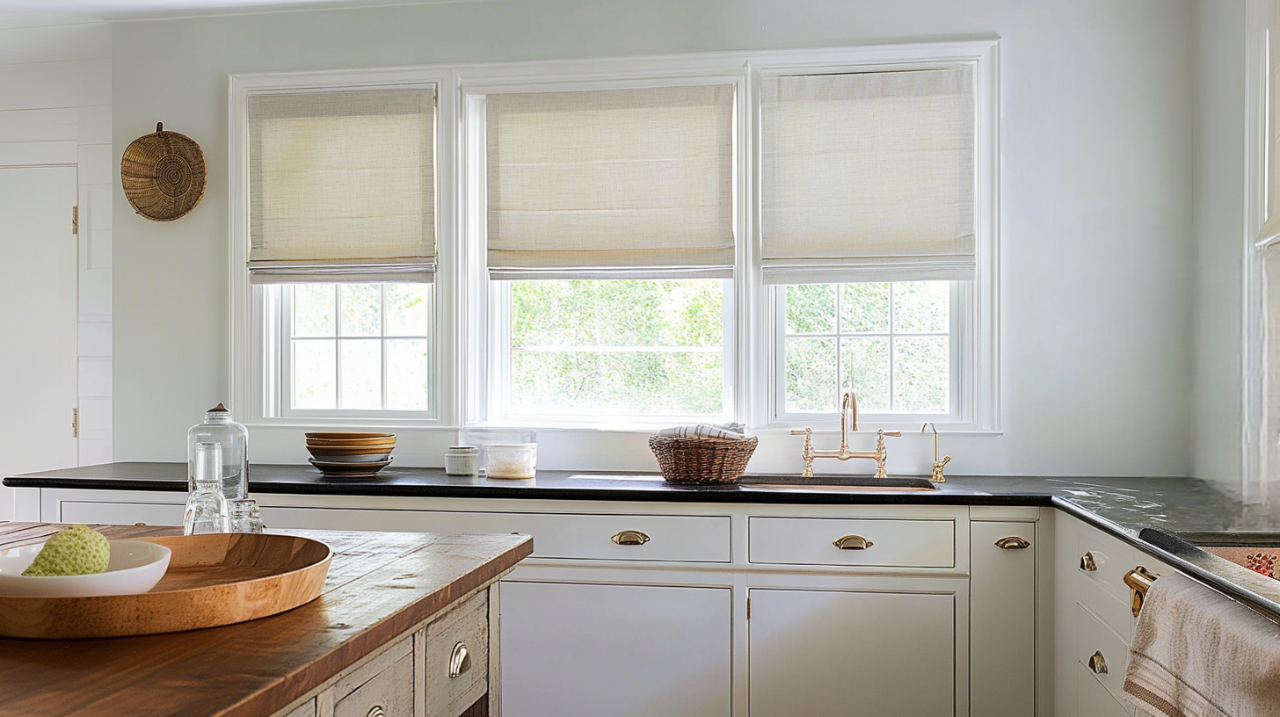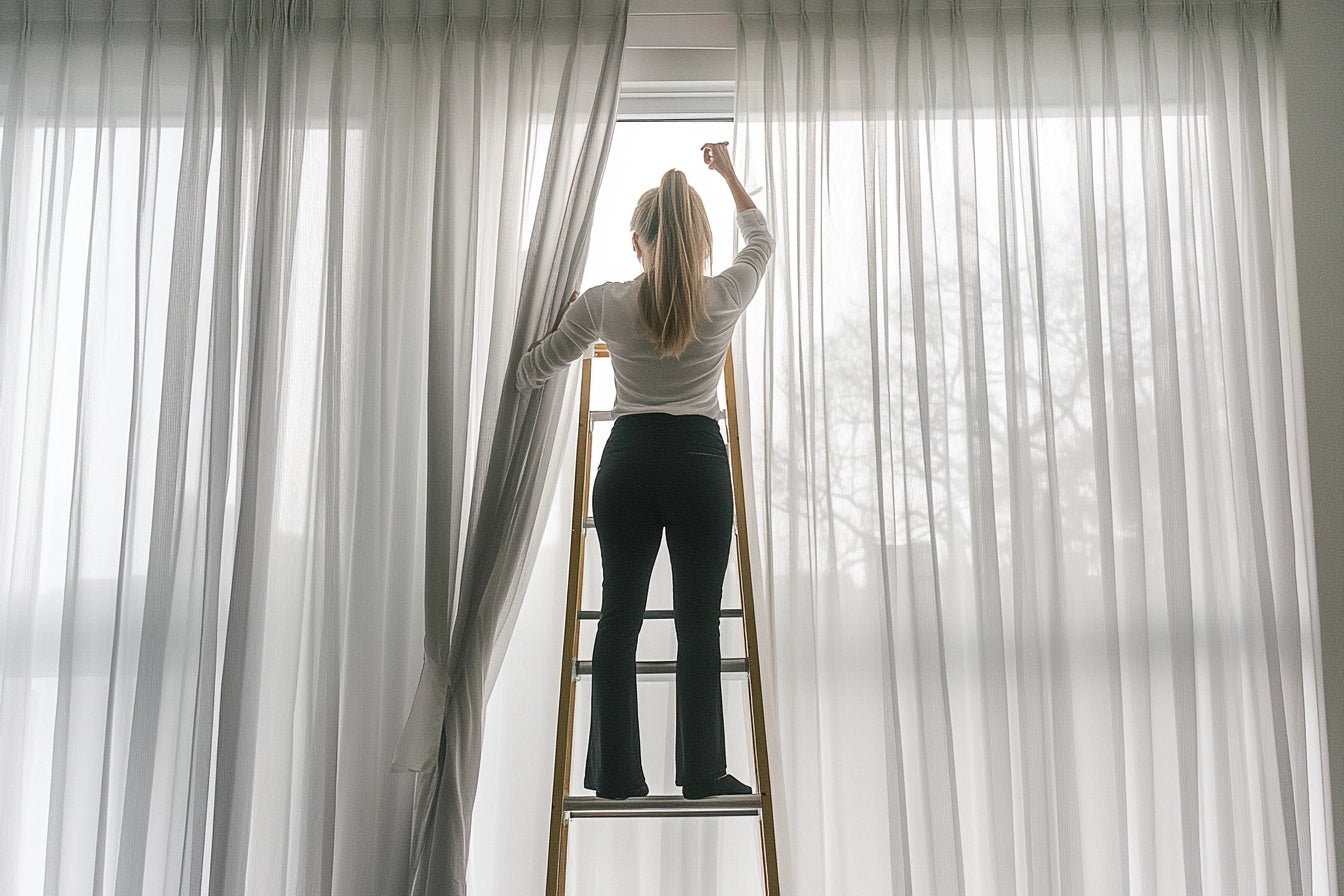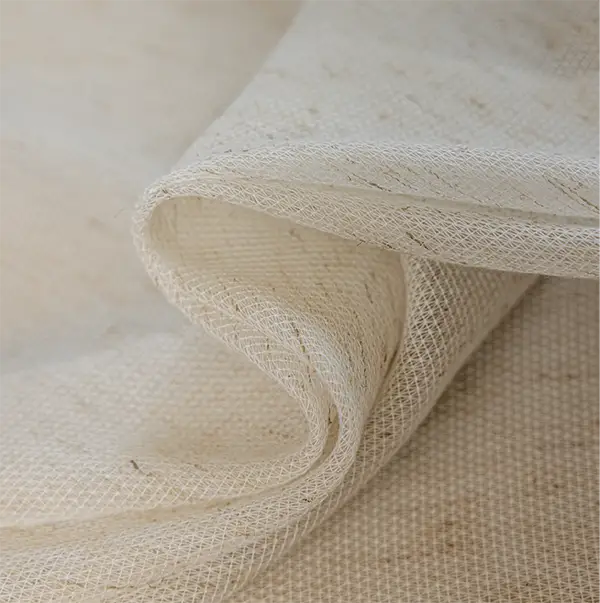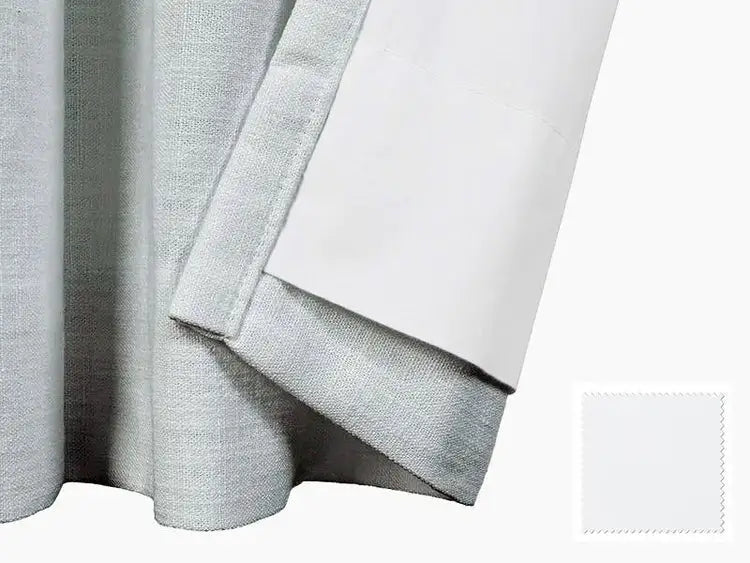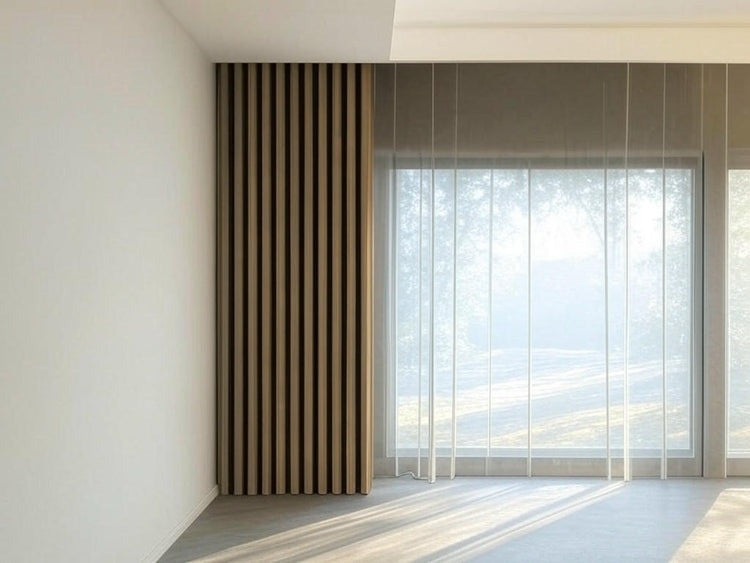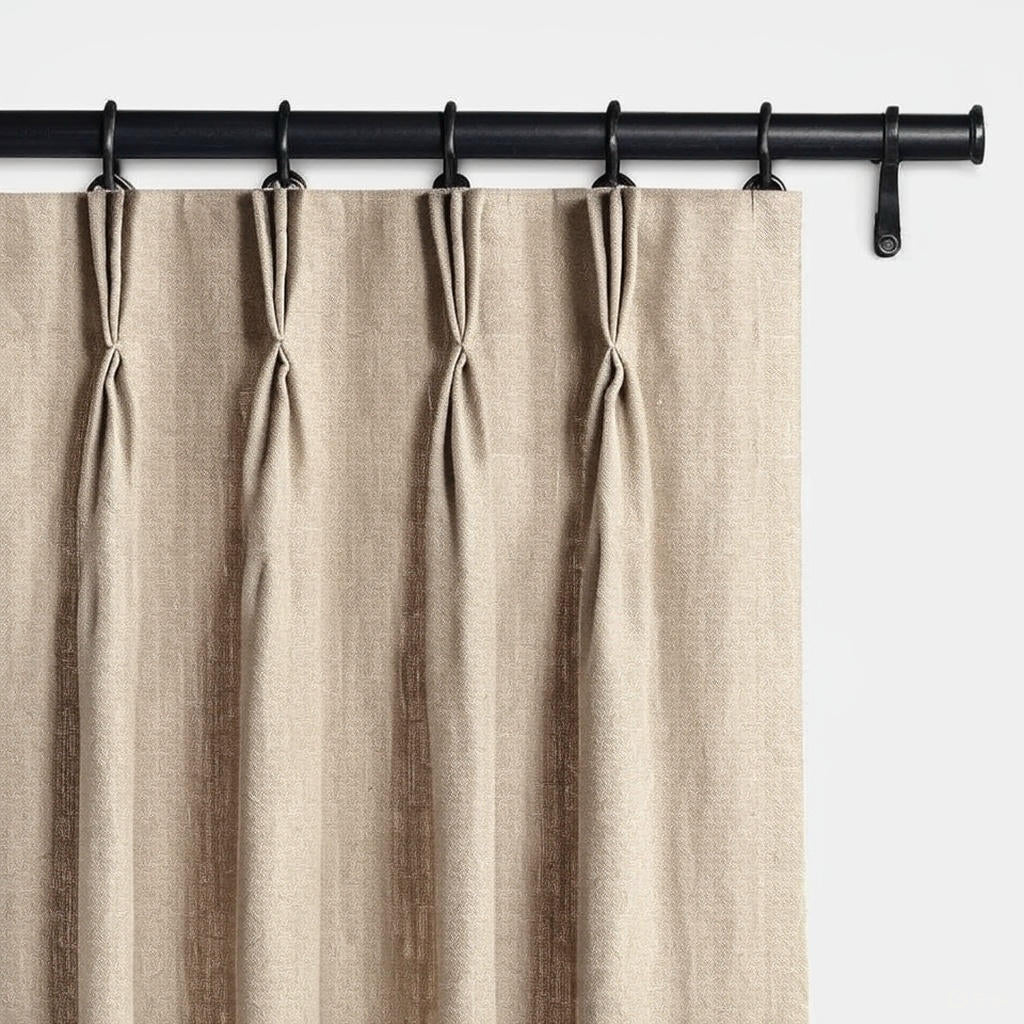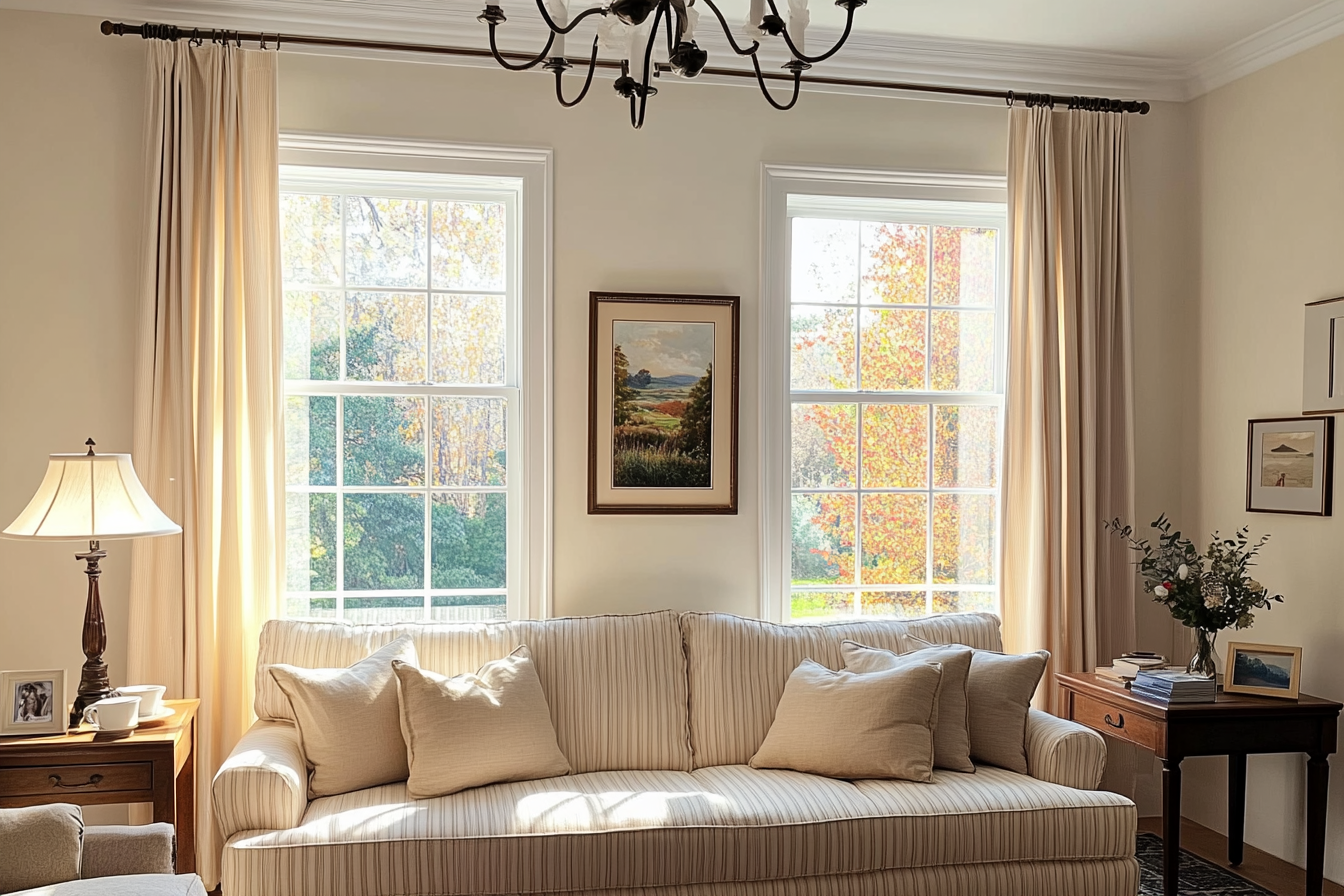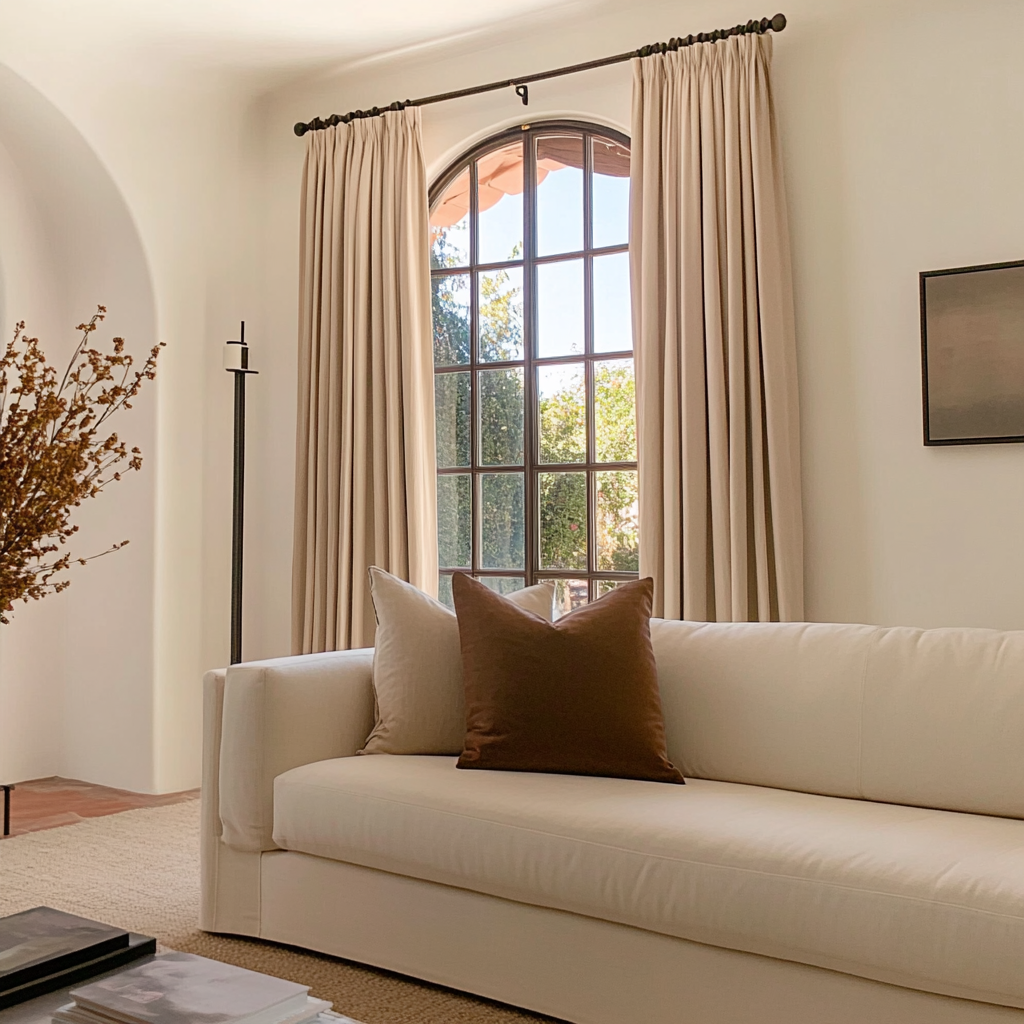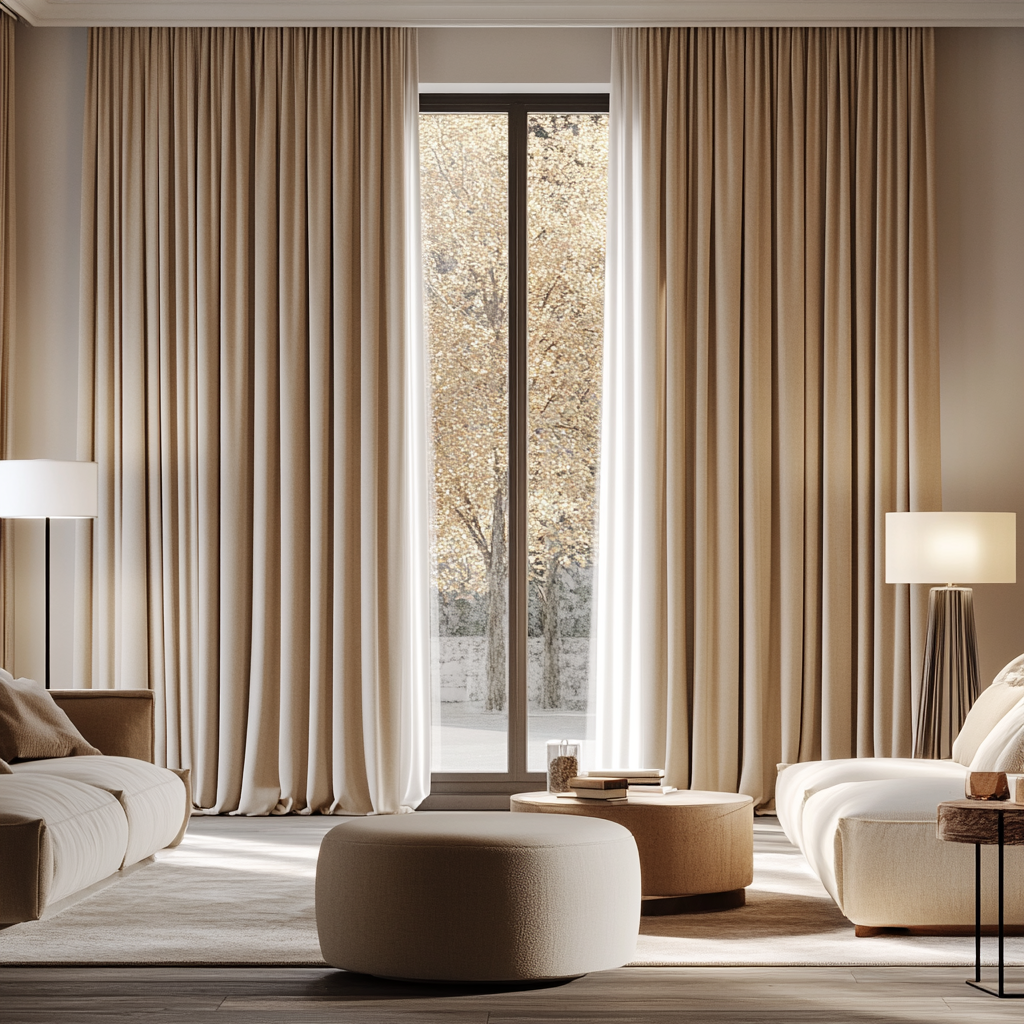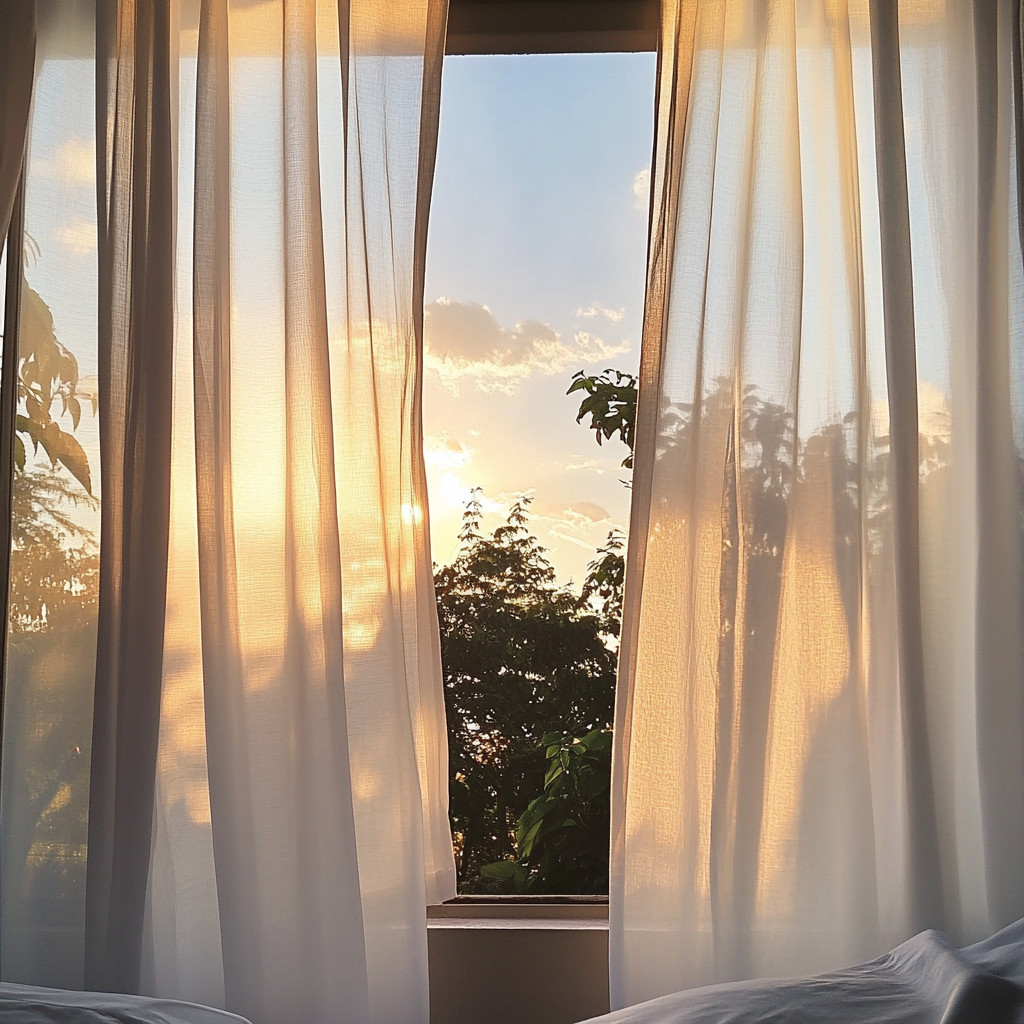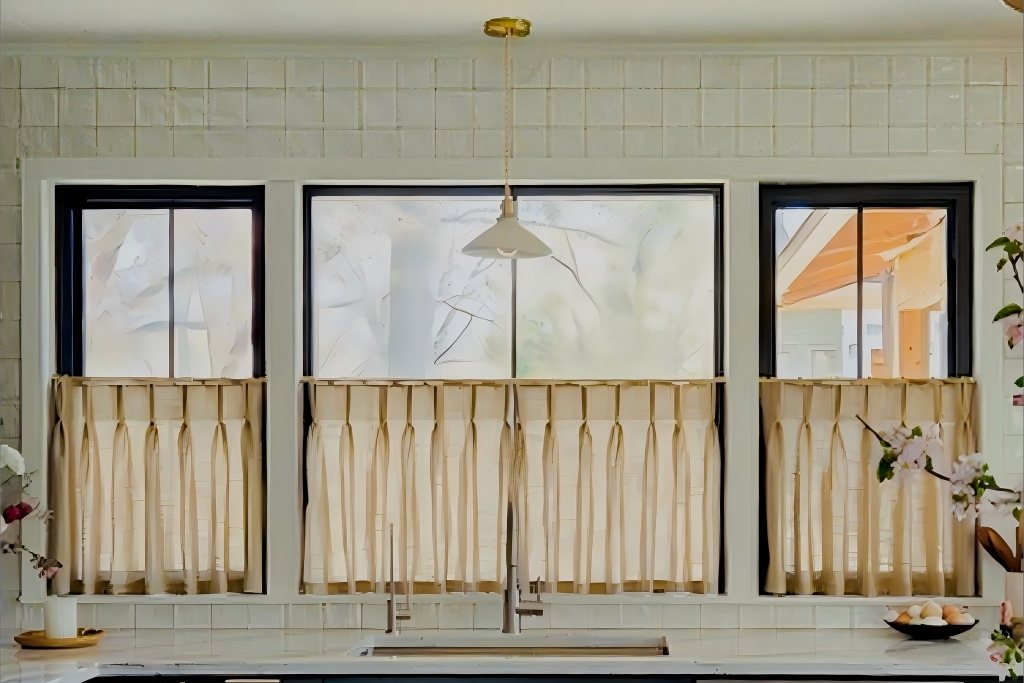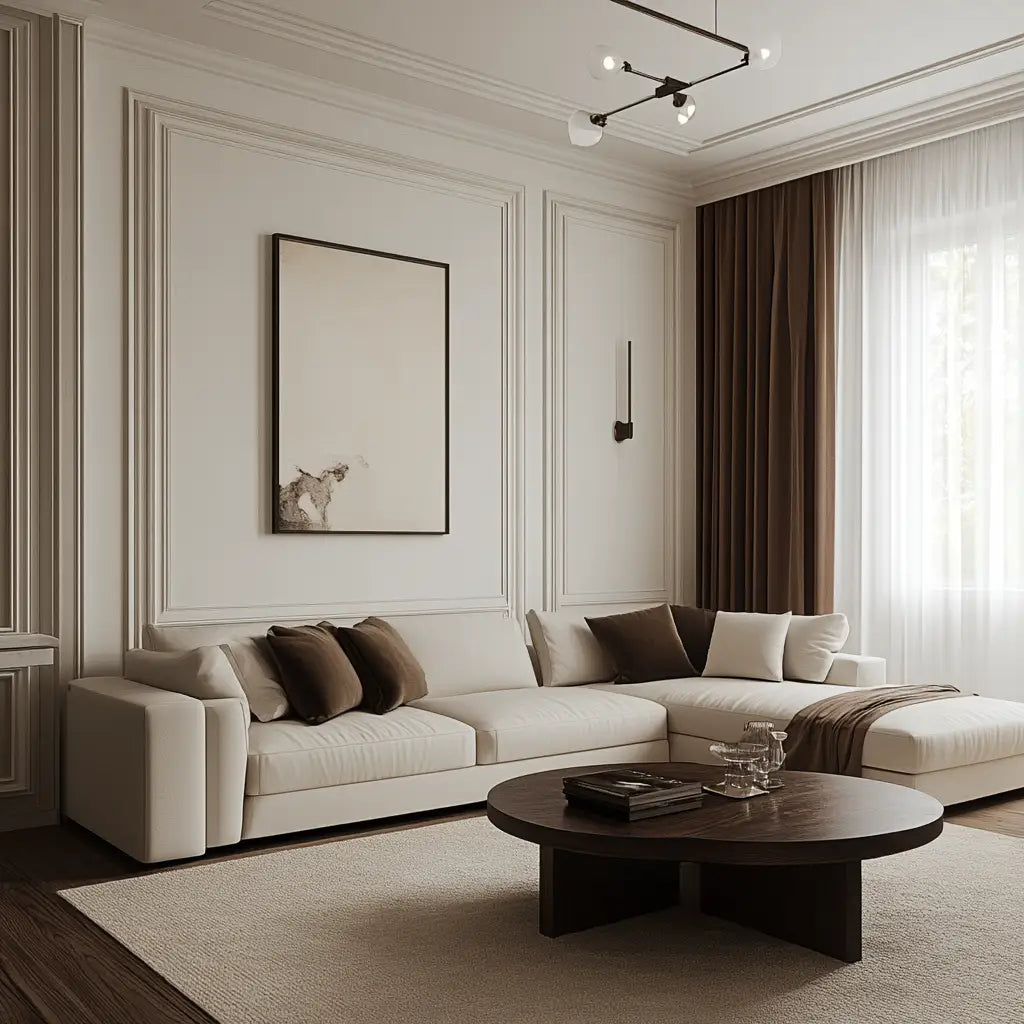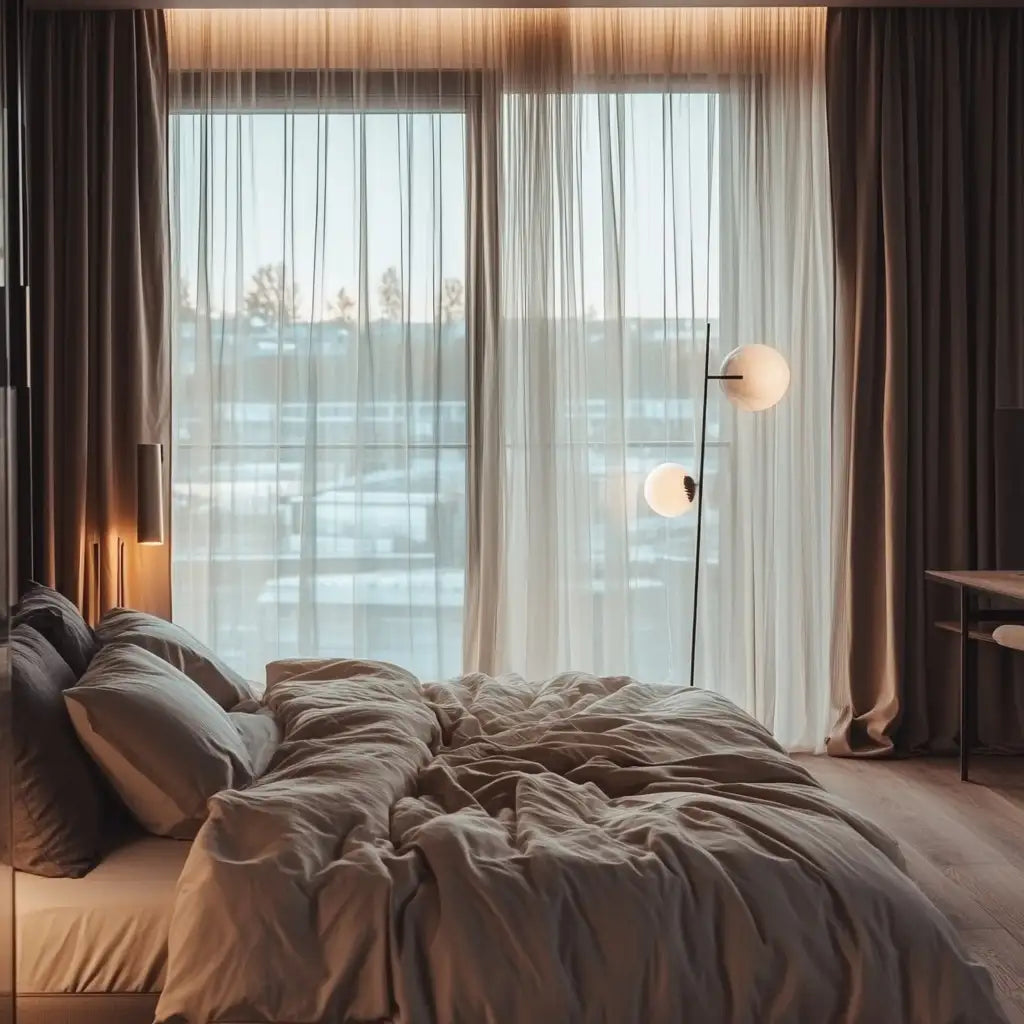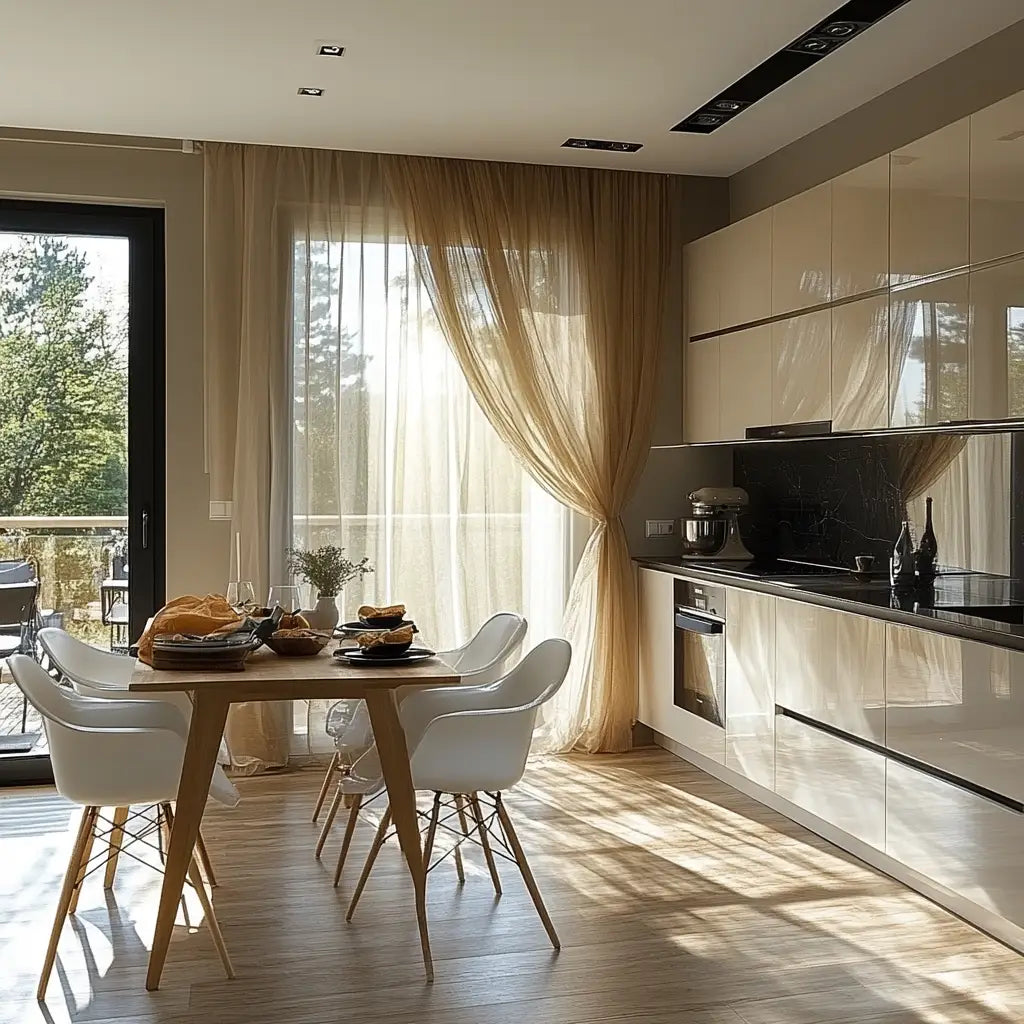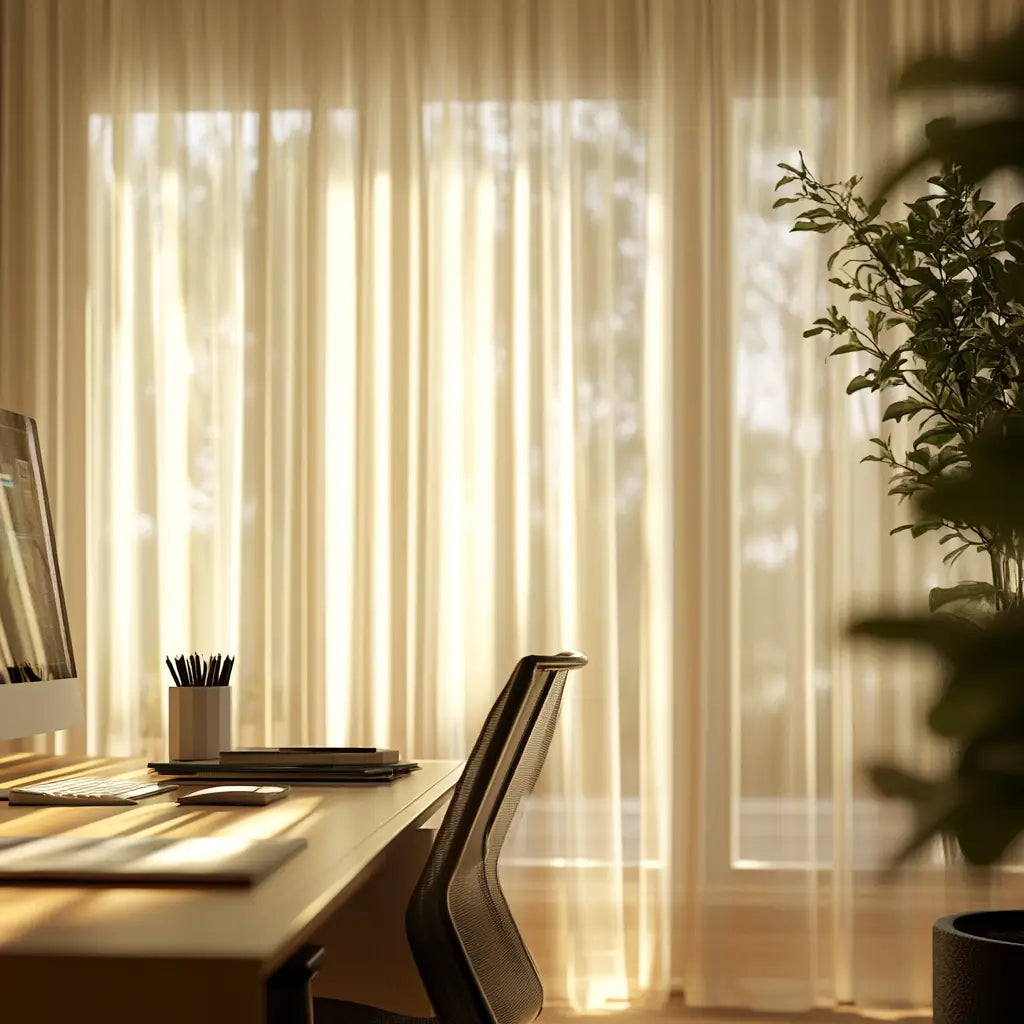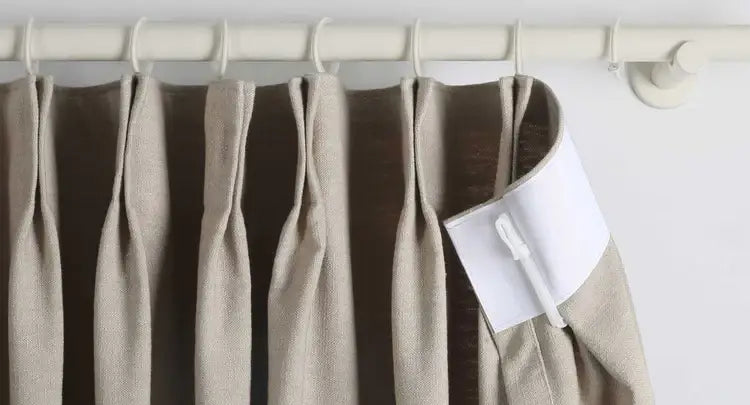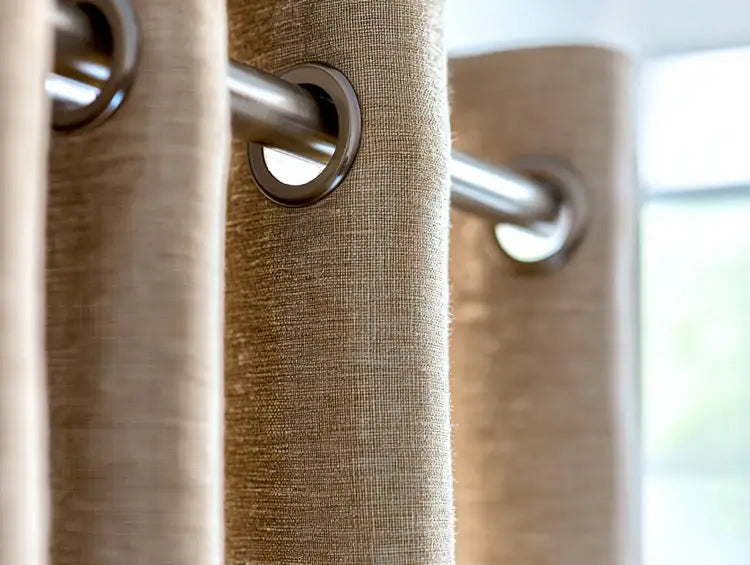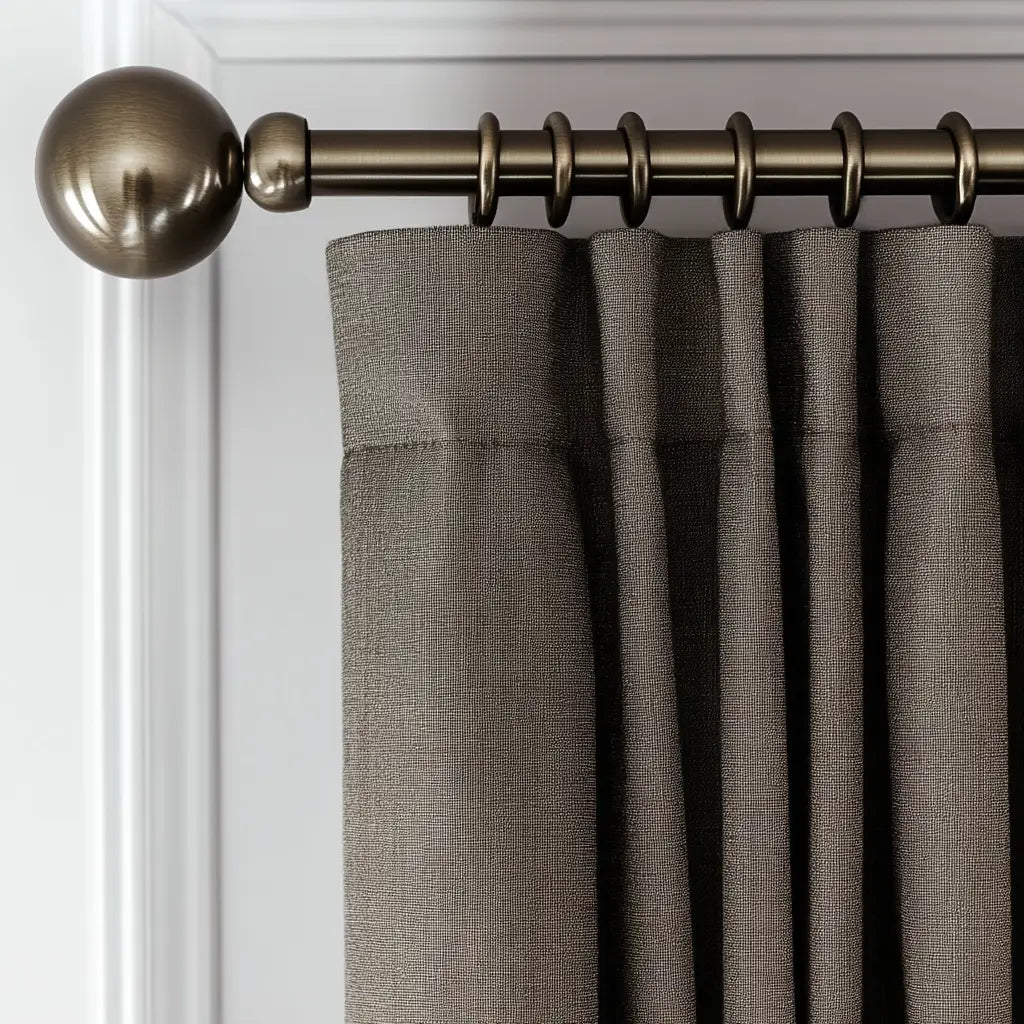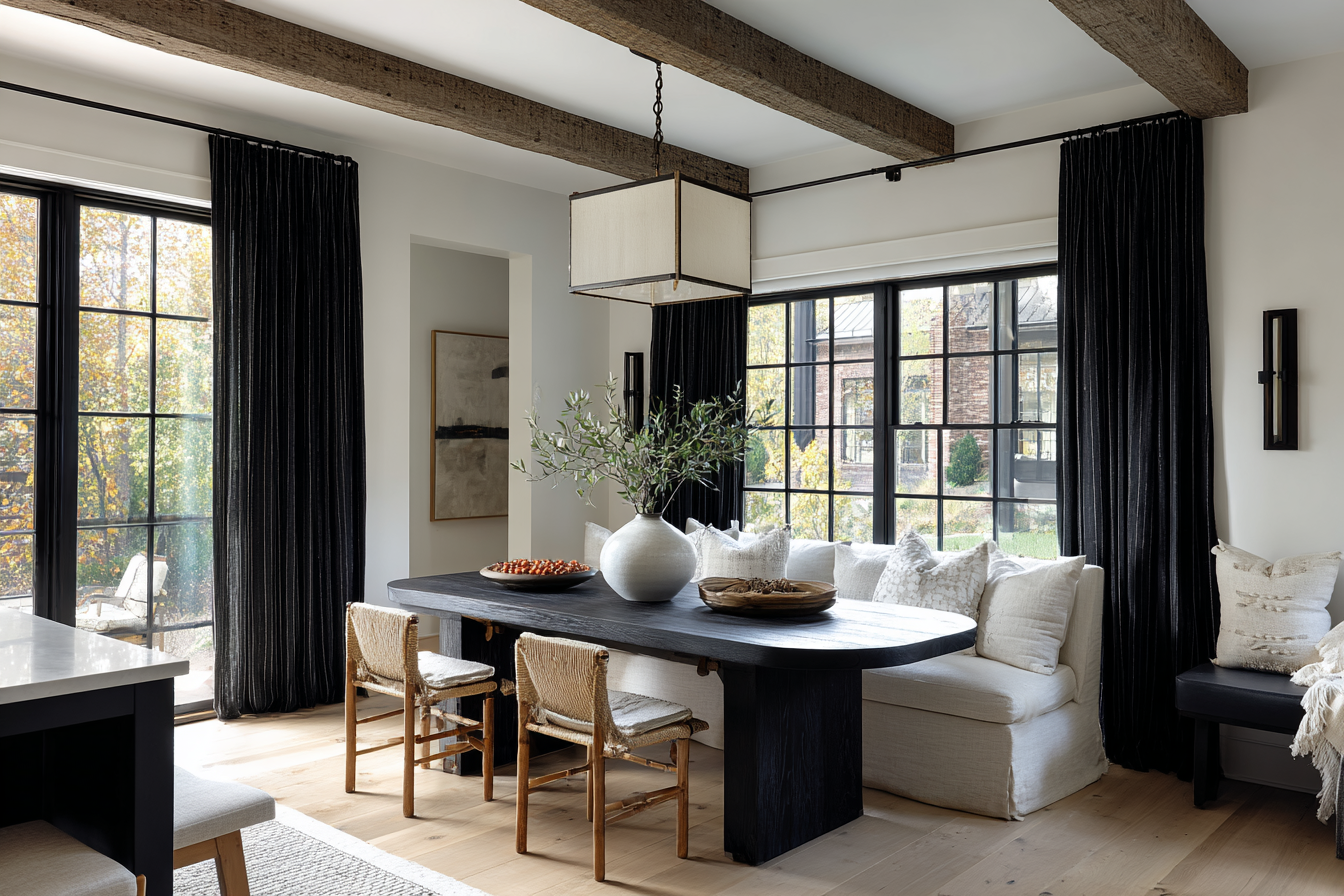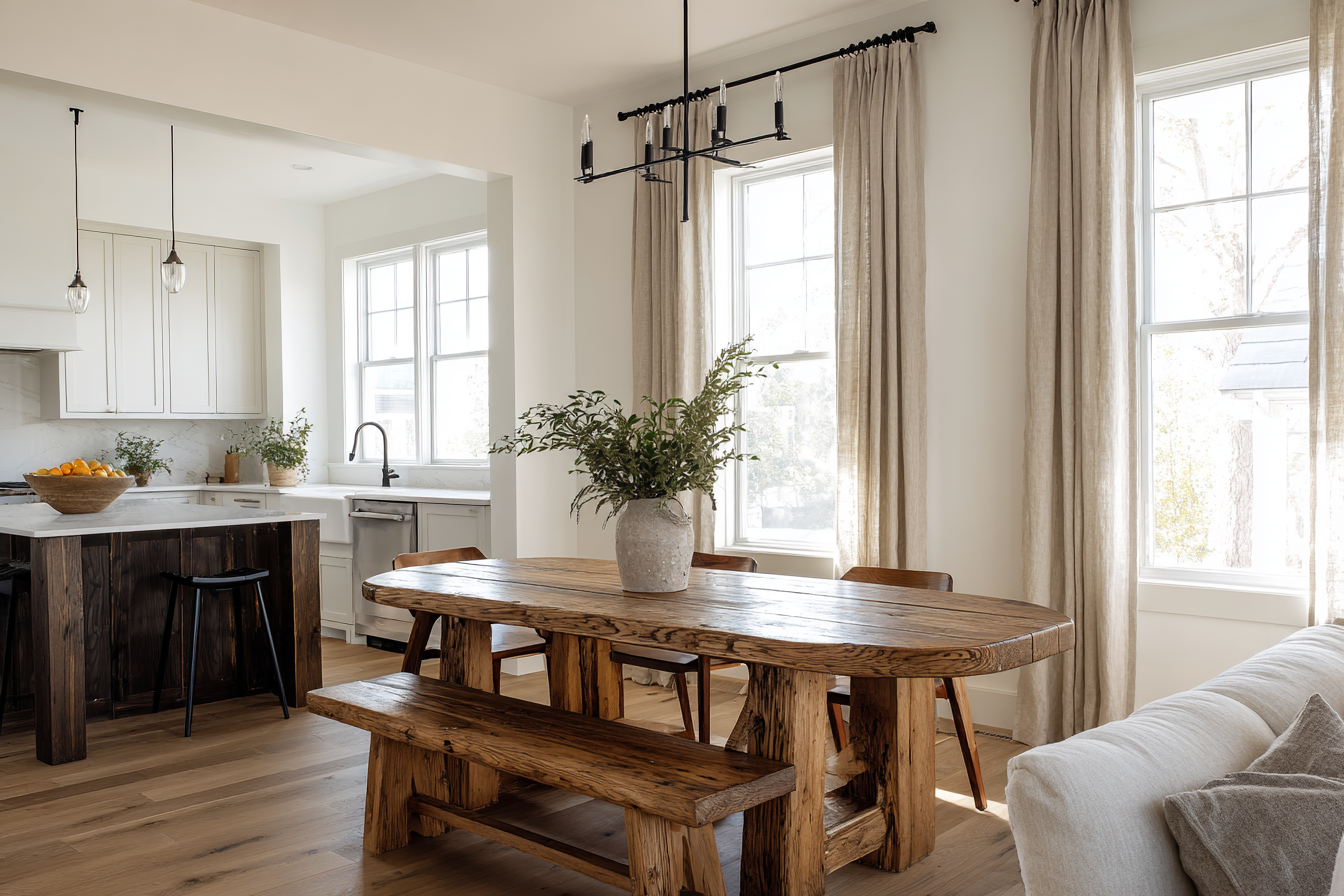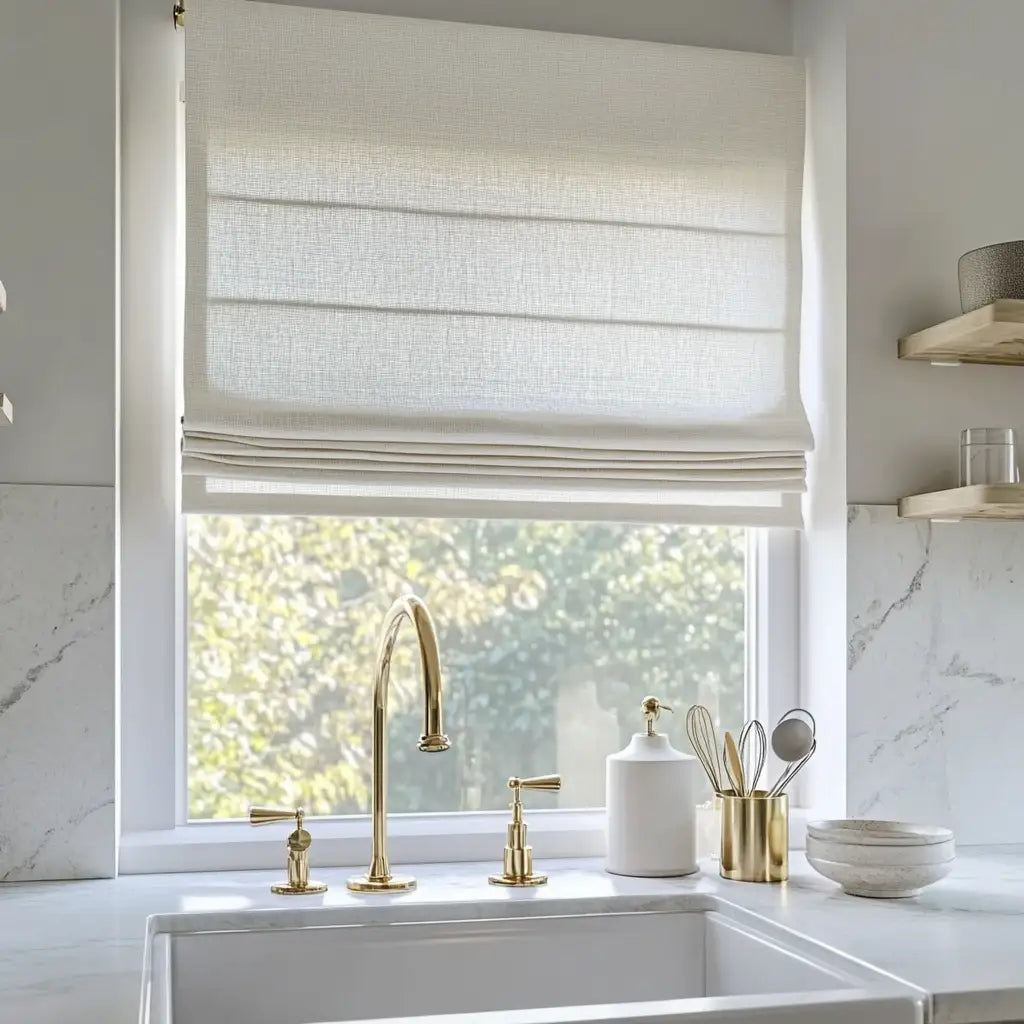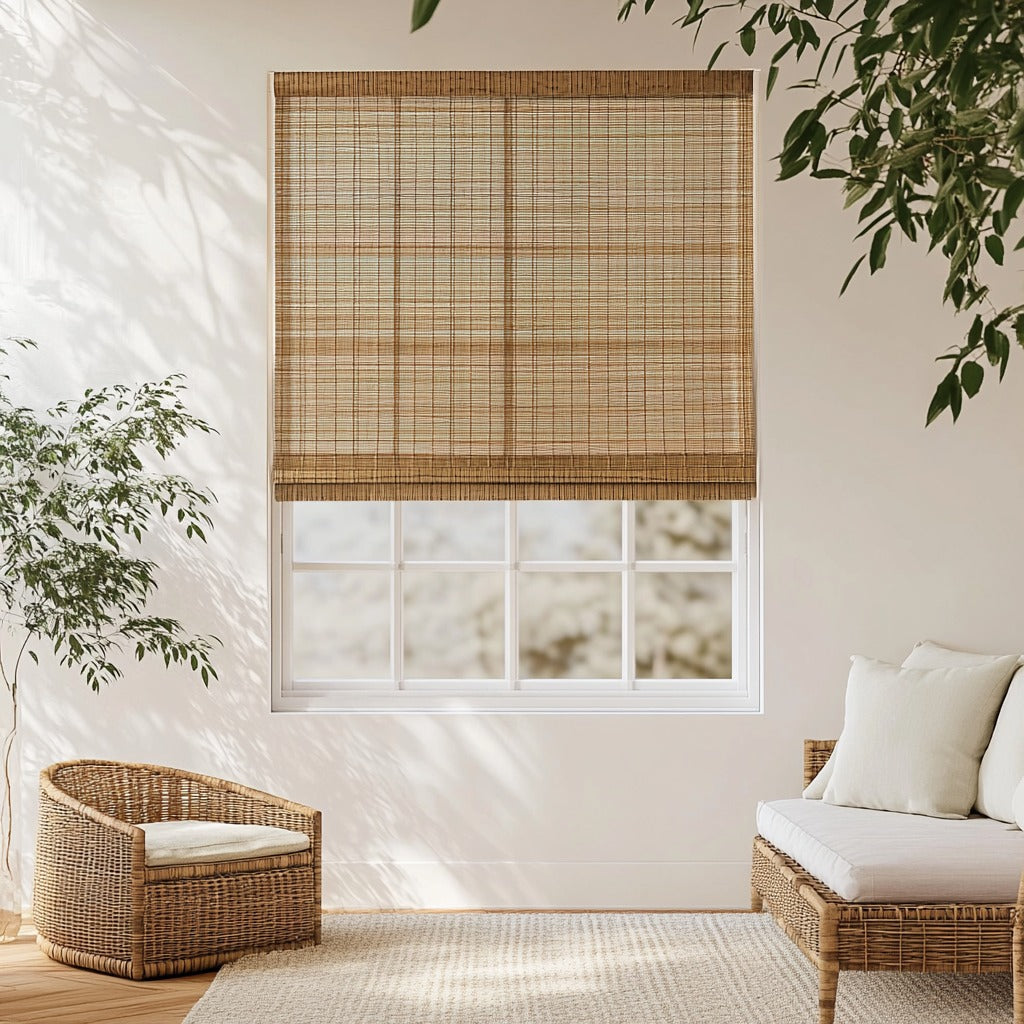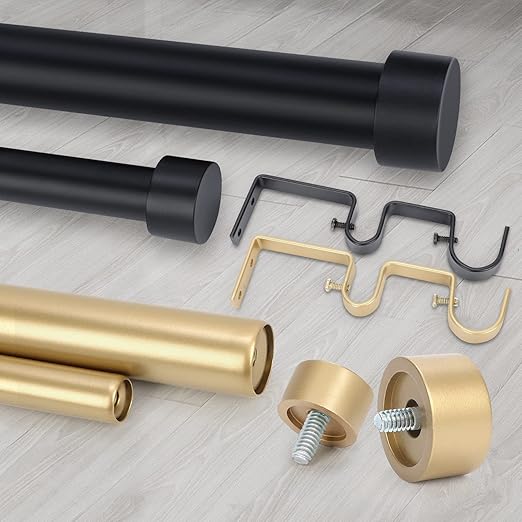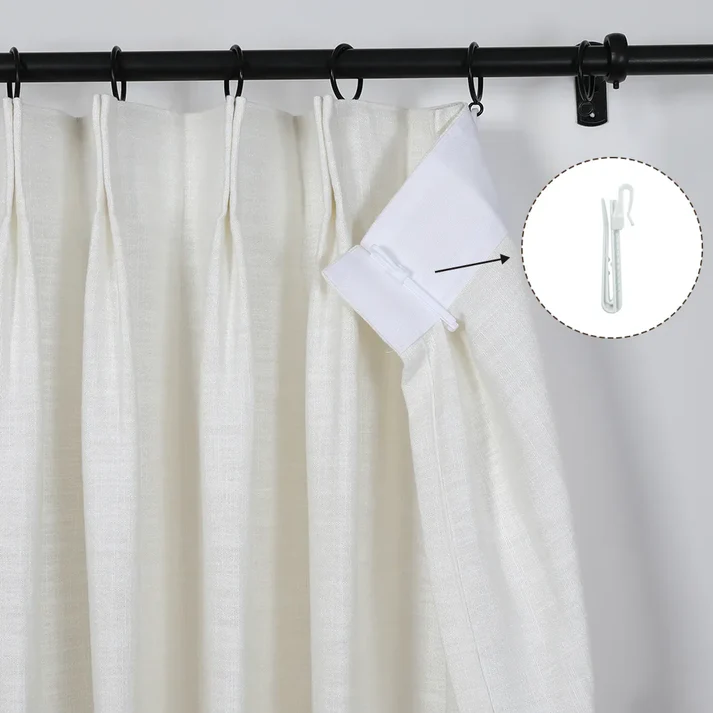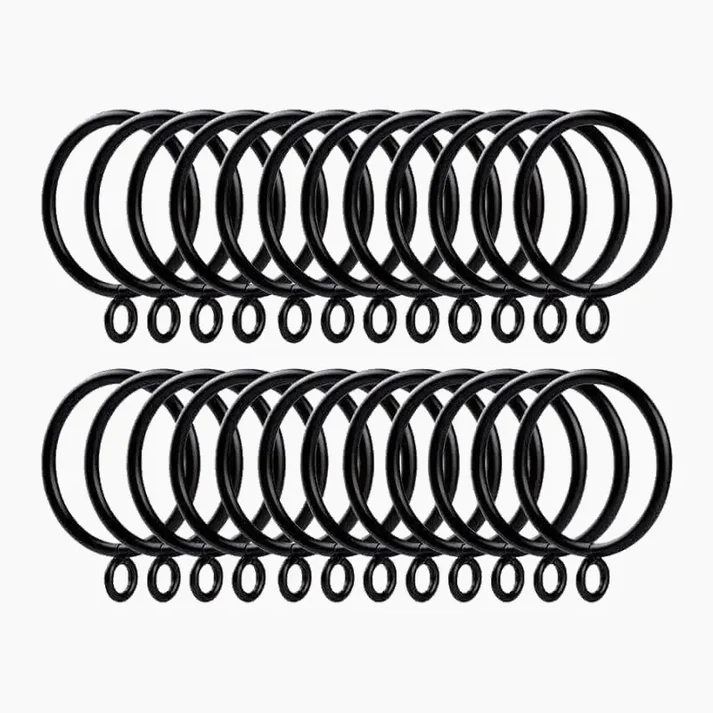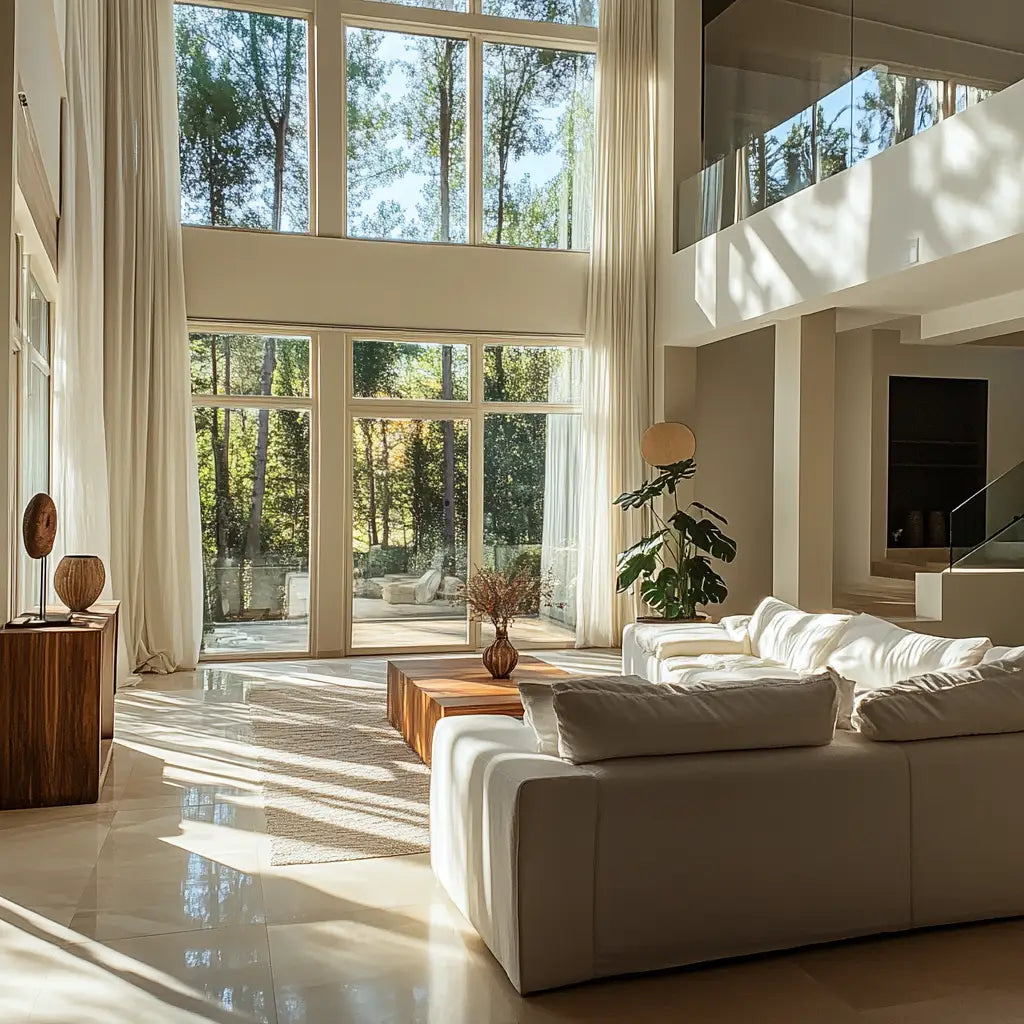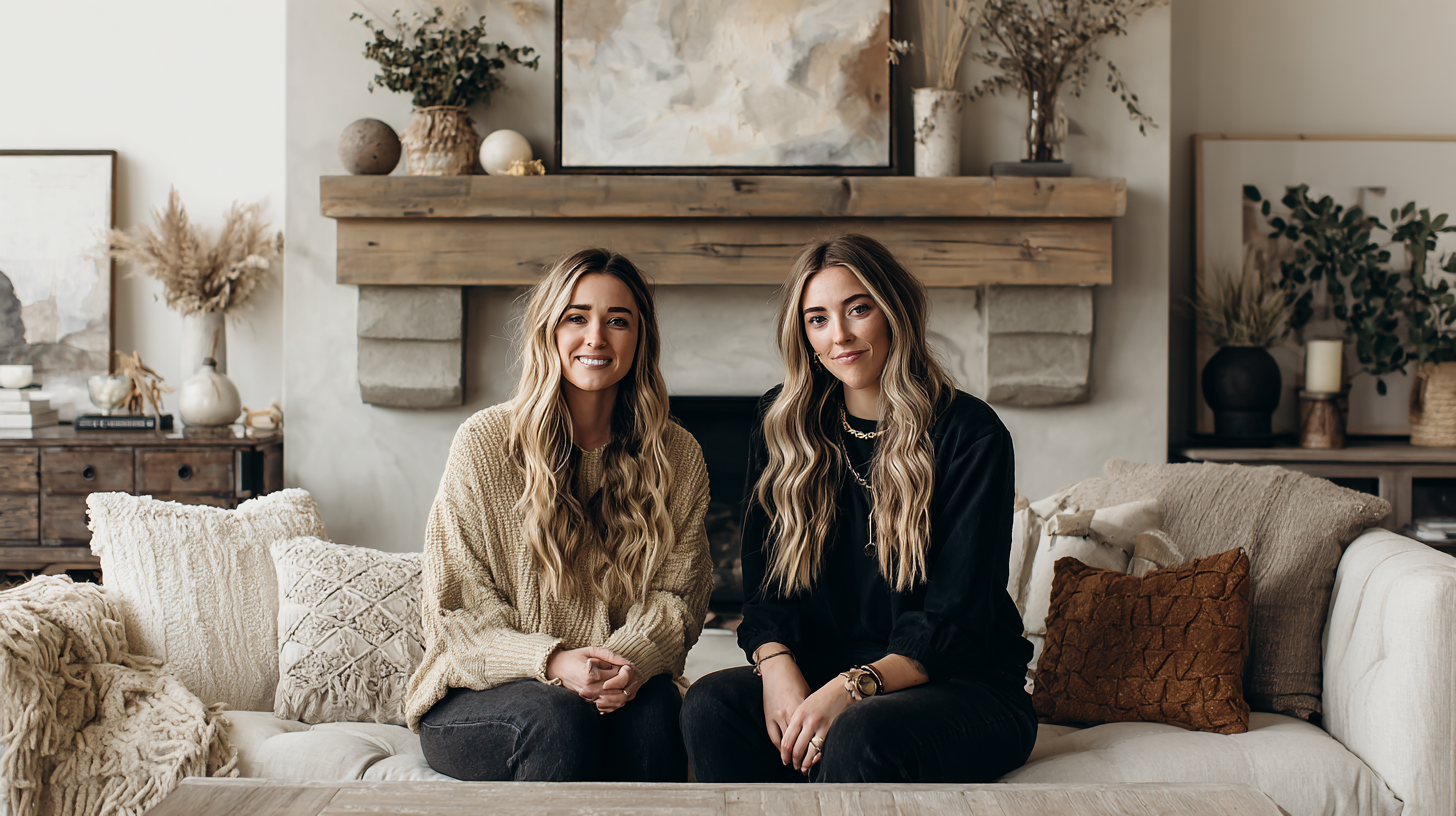
Drapes for Home Office — Tested in Real Workspaces
Working from home demands comfort, focus, and visual balance.
I tested several drapes to see how they perform in real spaces.
Distractions like glare, noise, or energy loss interrupt workflow.
Good drapes promise to solve these issues—so I put them to trial.
Light Blocking Test Results
Morning sun poured directly onto my desk.
Without drapes, screens washed out, straining my eyes.
I tested sheer linen and blackout velvet.
Sheers softened light, but glare persisted.
Velvet blackout panels transformed the space into a calm hub.
My monitor became readable, even at midday.
The Velmor velvet grommet drapes for office windows impressed me most.
They balanced elegance with heavy-duty glare control.
Sound Insulation Measurements
A home office needs quiet during calls.
Traffic noise and hallway chatter broke concentration.
I measured decibel levels before and after hanging drapes.
Sheer fabrics did little to mute voices.
Thick thermal-lined drapes reduced noise significantly.
They softened echoes and gave a professional backdrop.
Video calls became clearer, with fewer interruptions.
This convinced me that soundproofing drapes are worth it.

Thermal Retention & Energy Impact
Winter drafts often chilled my office.
In summer, heat waves made the room unbearable.
I tested insulated polyester drapes against standard cotton.
Insulated panels kept the room warmer during cold evenings.
In summer, they reduced heat infiltration, easing AC demand.
This offered measurable savings on energy bills.
See more in this soundproof and blackout drapes for home offices collection.
They combine insulation with sleek design.

Fabric Quality & Durability
Fabric matters in a workspace.
Cheap polyester wrinkled quickly and lost shape.
Linen offered an airy texture but demanded careful care.
Velvet felt luxurious, draping heavily with strong folds.
Polyester blends resisted fading under sunlight.
They proved durable after repeated washes.
The right fabric depends on balance—style, care, and endurance.
For me, velvet felt most substantial for daily use.

Installation Hardware & Process
Installing drapes should not feel complex.
I tested grommet tops and pinch pleats.
Grommets slid easily on standard rods.
They required no extra hooks or adjustments.
Pinch pleats looked formal but demanded more effort.
For a home office, grommets saved time and stress.
I also explored lighter options like sheers.
For natural brightness, try custom sheer drapes for natural workspace light.

Comparison to Roller Shades / Blinds
I compared roller shades, blinds, and drapes.
Shades offered sleek minimalism but blocked airflow.
Blinds adjusted light well but lacked insulation.
They rattled during breezy days, distracting during calls.
Drapes excelled in comfort and atmosphere.
They improved sound quality and created visual warmth.
Roller shades suited kitchens or minimalist setups.
But for long office hours, drapes clearly won.
Frequently Asked Questions
Do office drapes block screen glare?
Yes, blackout versions reduce reflections and eye strain effectively.
Are velvet drapes good for soundproofing?
Yes, their heavy weight dampens outside noise and echoes indoors.
Do insulated drapes reduce energy costs?
They trap heat in winter and repel summer warmth, lowering bills.
How do I clean home office drapes?
Most polyester and velvet blends are machine washable on gentle.
Random Articles
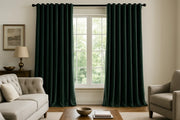
A personal story of selecting velvet drapes, comparing fabrics, learning insulation benefits, and...
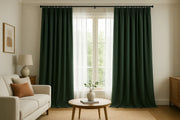
Explore custom cotton drapes for bedrooms, dining rooms, and living spaces. Elegant, washable, an...
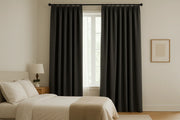
Explore blackout curtains for better sleep, sound control, and energy efficiency. See room-specif...
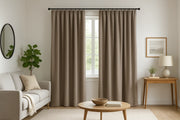
Thermal curtains tested in real homes: blackout, insulated, and velvet designs measured for comfo...

